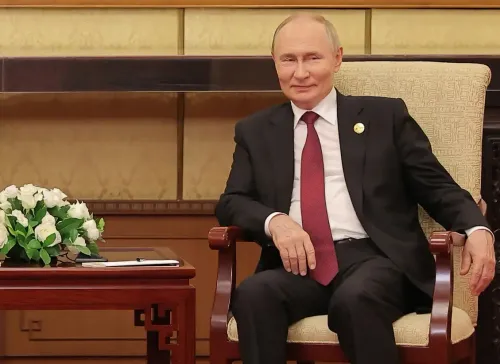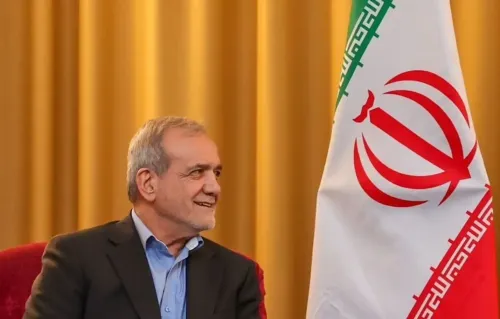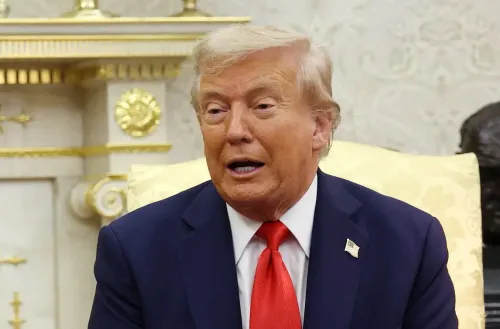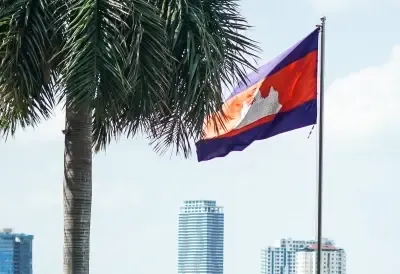How Are Japan and Australia Strengthening Their Security Cooperation?
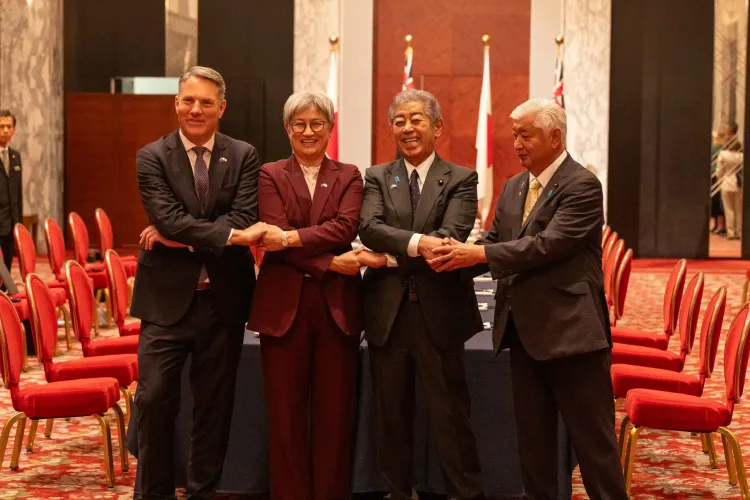
Synopsis
Key Takeaways
- Strengthened Security Ties: Japan and Australia are enhancing their security cooperation in response to regional challenges.
- Expanded Areas of Collaboration: The partnership will include defense equipment, cybersecurity, and logistical support.
- Reciprocal Access Agreement: This agreement, effective mid-2023, promotes greater military cooperation.
- Joint Military Exercises: Increased joint exercises will foster better interoperability between forces.
- Focus on Advanced Capabilities: Both nations are committed to collaborating on cutting-edge defense technologies.
Tokyo, Sep 5 (NationPress) In light of China's increasing assertiveness and various security challenges facing the Indo-Pacific region, Japan and Australia have announced an expansion of their security cooperation across multiple domains, including defence equipment and the cyber realm, during the recent 2+2 discussions held in Tokyo.
During a joint press conference following the talks, Japanese Foreign Minister Takeshi Iwaya revealed plans to strengthen the countries' joint deterrence capabilities, given the 'increasingly severe' regional security situation, as reported by Kyodo News. This meeting included Japanese Defence Minister General Nakatani and their Australian counterparts, Penny Wong and Richard Marles. This marks the 12th iteration of the two-plus-two meeting since its inception in 2007.
Aussie Defence Minister Richard Marles emphasized that the nations have agreed to elevate their Special Strategic Partnership, leading to increased military exercises and enhanced cooperation in logistics, cyber, and other areas. Following their discussions, the leaders applauded Australia's decision to select the upgraded Mogami-class frigate as the favored platform for its AUD 10 billion (USD 6.5 billion) initiative.
"With the Reciprocal Access Agreement coming into effect in mid-2023, we've witnessed a flourishing of our defence and security relationship. As General mentioned, over 40 activities have now been conducted under the RAA banner. We have seen our bilateral activities with the United States evolve into trilateral efforts among our three nations, which is of paramount importance," stated Marles.
He further noted, "Australia's Royal Australian Navy has made four port visits to Japan, and later this month, the HMAS Brisbane, an Australian destroyer, will arrive in Yokosuka for maintenance—marking a significant advancement in our defence collaboration. Our joint operational commands are now more interconnected, which greatly enhances our ability to operate together."
Japanese Defence Minister General Nakatani indicated that both nations have committed to advancing collaboration not only regarding vessels but also across various sectors in defence equipment and technology, including partnerships on advanced systems like unmanned technologies and accelerating cooperation between their defence industries.
He added, "We agreed to enhance cooperation across a broad spectrum of areas in defence equipment and technology, including the development of advanced capabilities such as unmanned systems, and to facilitate faster collaboration between our defence sectors. To improve the interoperability of the Self Defence Force and the Australian Defence Force, we will advance discussions on operational cooperation and continue joint exercises across all services and domains."
Penny Wong remarked, "We have made significant progress in our discussions to elevate our Special Strategic Partnership. We seek to expand our ambitions into new collaboration areas. We are pleased with the progress in our defence cooperation, but we recognize the need to broaden our efforts in economic security, cybersecurity, and supply chain diversification to enhance resilience against emerging threats."
Marles and Wong visited Tokyo to participate in the 12th Australia-Japan Foreign and Defence Ministers’ Meeting. They also engaged in bilateral discussions with their Japanese counterparts to enhance defence and security collaboration and align foreign policy goals.

